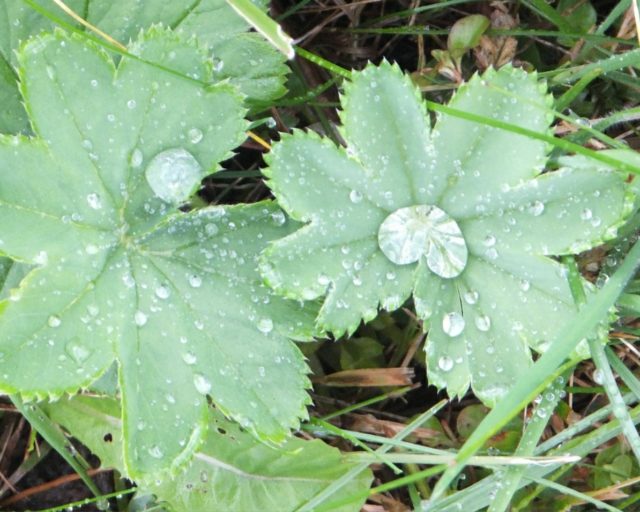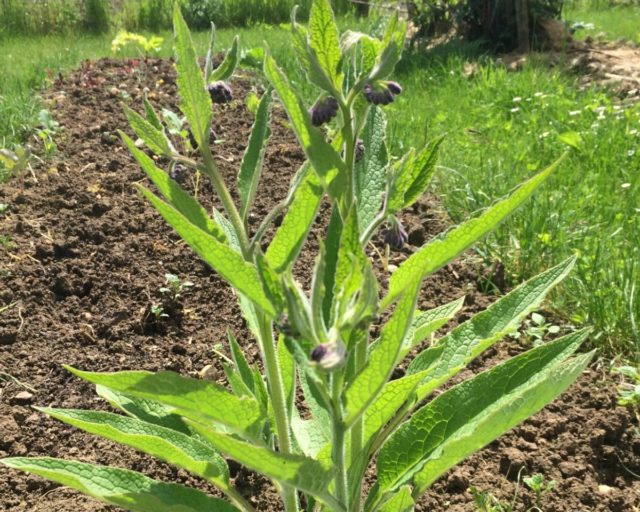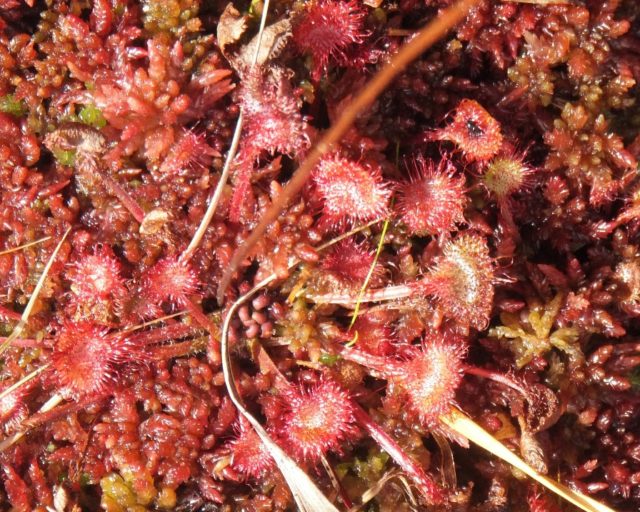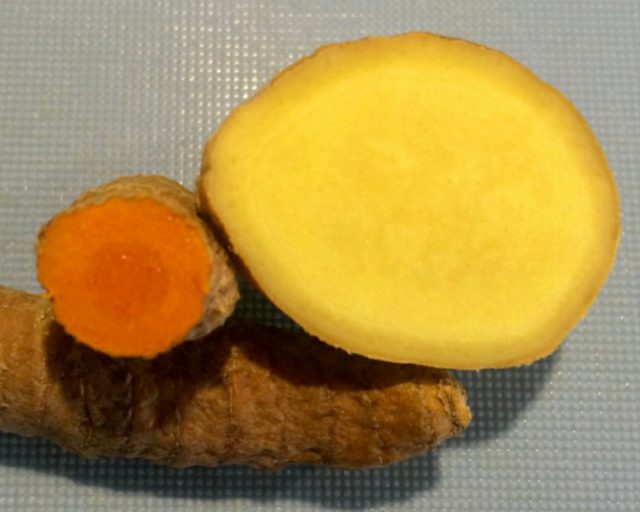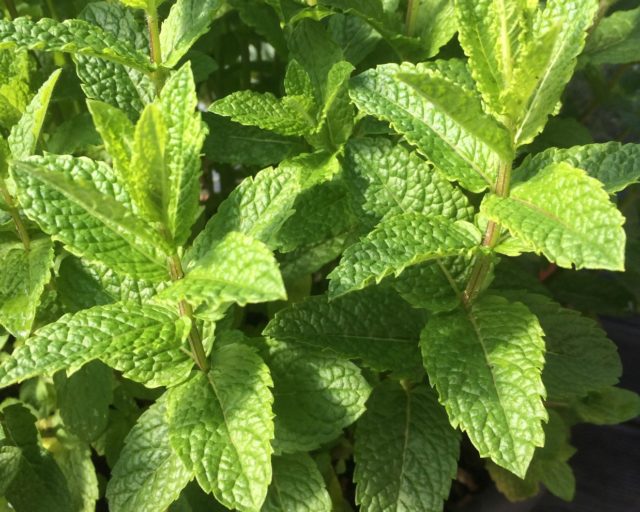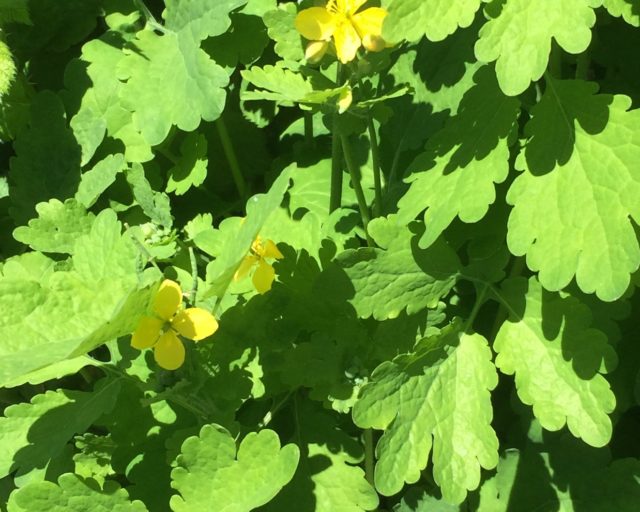Phytotherapy
Phytotherapy uses plants or their components to prevent or treat illness. Many of the herbal remedies we use today are tried and tested according to scientific standards, their efficacy is proven. And then there are the plants that have stood the test of time and have been and still are used in folk medicine. There is something to be said for both categories, since we know that plants have chemical components but they also are animate and thus bring something more than just chemistry to the table.
Sometimes the effects of a plant are all too obvious, e.g. when eating a Chili. We feel the warmth spreading through our body, the nose runs an the eyes water. Exactly the same happens within our body: the blood circulation is stimulated, mucus is diluted and secretion enabled. These are desirable effects when dealing with ailments such as sinusitis.
A bitter essence cures an upset stomach, chamomille has a soothing effect, caraway seeds make cabbage easier to digest. The list of herbal remedies and their possible application is long.
Moreover, phytotherapy has a good benefit-cost ratio. Generally, the remedies are effective with little or no side effects.
Like all naturopathic treatments, phytotherapy is suitable when treating milder forms of diseases or as an additional therapy to Western medication.

